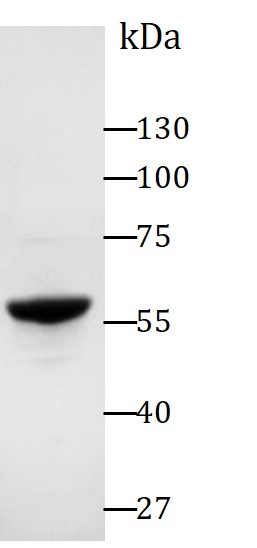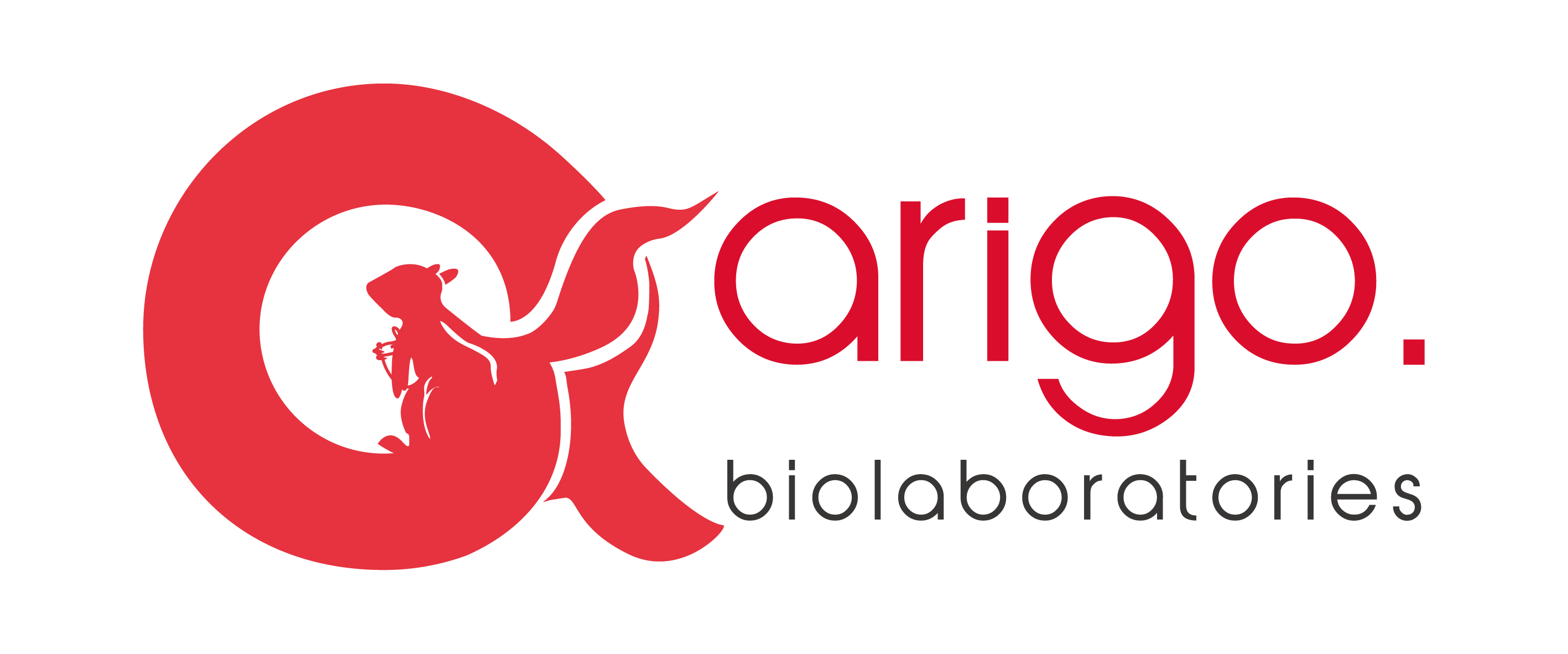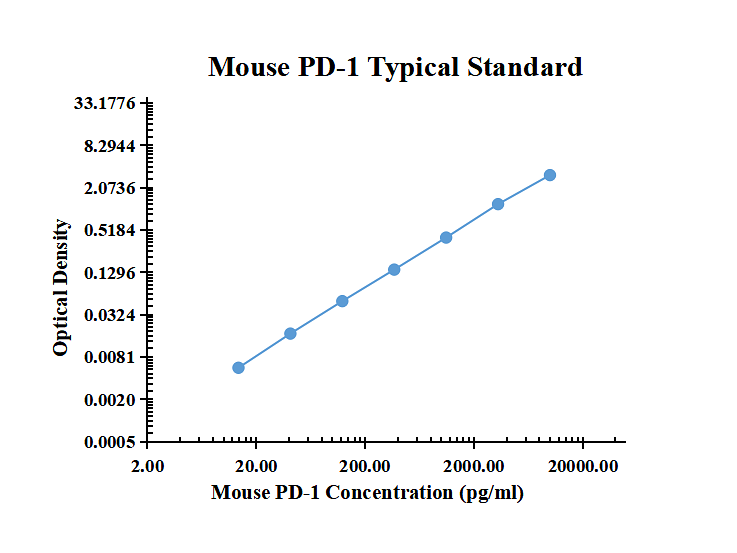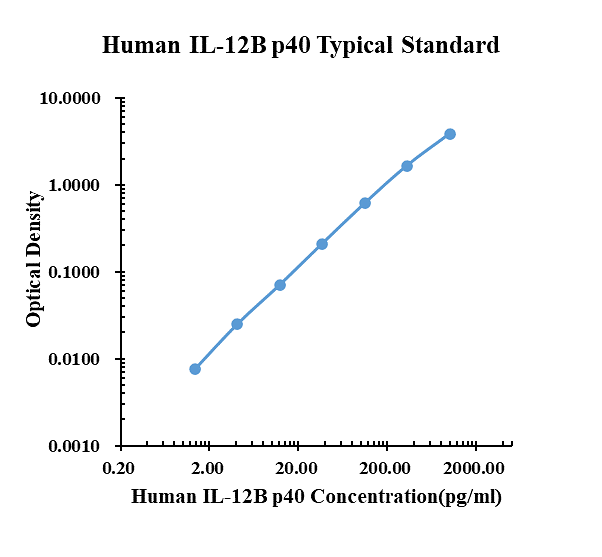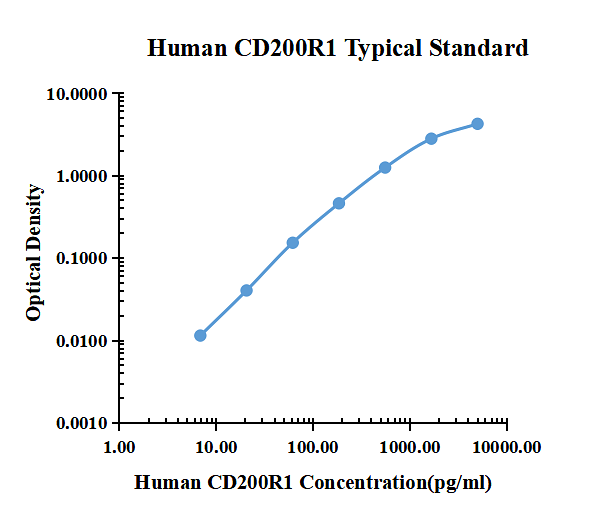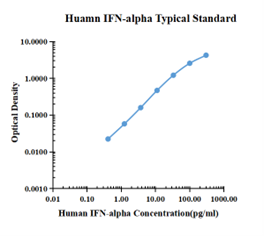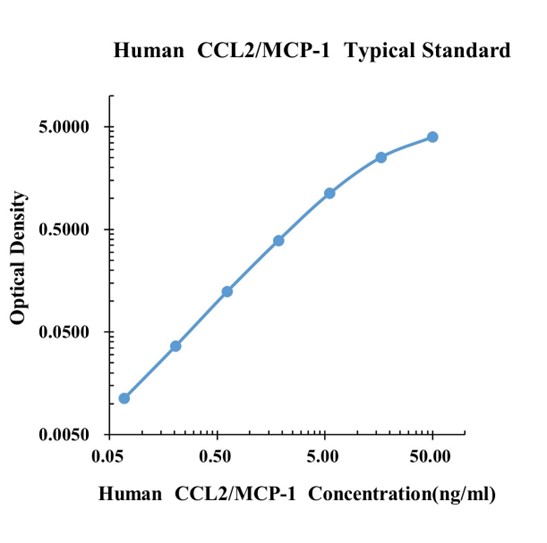Influenza A H7N9 nucleocapsid recombinant protein (A/Shanghai/02/2013) (His-tagged, N-ter)
CAT.NO. : ARG70375
US$ Please choose
US$ Please choose
Size:
Trail, Bulk size or Custom requests Please contact us
概述
| 产品描述 | E. coli expressed, His-tagged (N-ter) Influenza A H7N9 nucleocapsid recombinant protein (A/Shanghai/02/2013) |
|---|---|
| 应用 | SDS-PAGE |
| 靶点名称 | Influenza A H7N9 nucleocapsid protein |
| 物种 | Virus |
| A.A. 序列 | Met1 - Asn498 |
| 表达系统 | E. coli |
| Protein Full name | Influenza A H7N9 nucleocapsid protein |
属性
| 形式 | Powder |
|---|---|
| 纯度 | >95% (by SDS-PAGE) |
| 缓冲液 | PBS (pH 7.4) |
| 复溶 | It is recommended to reconstitute the lyophilized protein in sterile water to a concentration not less than 200 μg/mL and incubate the stock solution for at least 20 min at room temperature to make sure the protein is dissolved completely. |
| 存放说明 | For long term, lyophilized protein should be stored at -20°C or -80°C. After reconstitution, aliquot and store at -20°C or -80°C for up to one month. Storage in frost free freezers is not recommended. Avoid repeated freeze/thaw cycles. Suggest spin the vial prior to opening. |
| 注意事项 | For laboratory research only, not for drug, diagnostic or other use. |
生物信息
| 背景介绍 | Human infections with an Asian lineage avian influenza A(H7N9) virus (“Asian H7N9”) were first reported in China in March 2013. Annual epidemics of sporadic human infections with Asian H7N9 viruses in China have been reported since that time. China is currently experiencing its 6th epidemic of Asian H7N9 human infections. Since October 1, 2017, there have been only 3 reported human infections. |
|---|
 New Products
New Products





